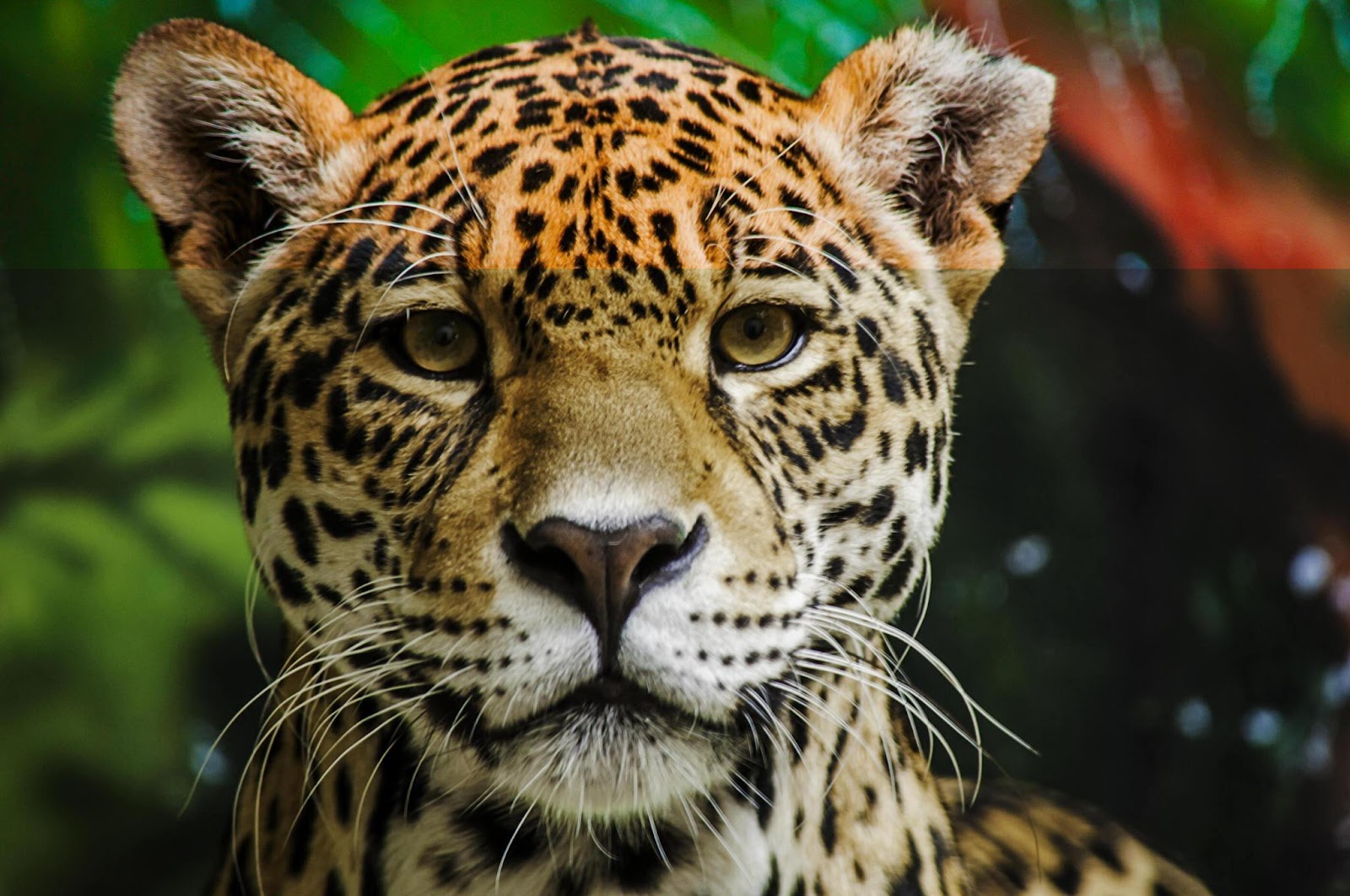The Mystifying Jaguar – Master of The Wilderness

Documentaries of Animal Kingdom showing the powerful jaguar prowling across the dense forests and grasslands of the Americas is mesmerizing and intriguing. It is appreciated for its strength, agility, and mysterious nature. It belongs to the Panthera Onca species.
Habitat
There is the rain forest of South America surrounding the Amazon basin, where the jaguar population lives. The rainforest has a wide range of ecosystem including grasslands, scrublands and deciduous forests. The wild cats are highly adaptable and can survive efficiently in the wilderness encompassing different ecosystem.
Can they survive in Africa? Panthera Onca species has not dispersed naturally to other continents like Africa. Their natural range is limited to the Americas. In America, they had various habitats in the past, from the South-Western United States to Argentina.
Physical appearance
The jaguar has a robust, muscular build with a broad head and powerful jaw, which sets it apart from other wild cats. The most defining characteristic is its remarkable coat pattern. Golden-yellow fur covered in distinctive rosettes with a central spot. The unique fur allows it to blend into the shadows and speckled sunlight of its rainforest habitat, improving its potential as a stealthy hunter.
Survival skills
The survival skill set of the wild cat is impressive. They are the most efficient predators in their wilderness.
- They have powerful jaws and strong teeth, which help them, crush or pierce their prey’s skull with a single, fatal bite.
- They have exceptional climbing abilities, which help them pursue prey not only on the ground but even in the trees.
- They are proficient swimmers, so they can hunt in lakes and rivers.
- With their acute vision and hearing, they can successfully stalk and ambush prey.
Behaviour
In general, jaguars are solitary creatures.
- They avoid social interactions except during the mating season.
- They mark their territorial boundaries with faeces, scratch marks on trees and scent.
- They are crepuscular hunters, preferring to be active during dusk and dawn to ambush unsuspecting prey.
- Their diverse diet includes deer, capybaras, caimans, and anacondas.
- Occasionally, they share territories with others, leading to encounters marked by vocalizations, scents and even physical confrontations.
Intriguing dynamics of raising young ones
The approach to parenting is fascinating and underscores the importance of independence in their survival strategy.
- After a gestational period of approximately three months, the females give birth to 2 or 3 cubs
- The cubs stay with their mother for 2 years.
- During this stay the mother gradually teaches her offspring to become proficient hunters and protect themselves. It is a crucial duration as young jaguars develop skills to survive in the challenging wilderness.
Conservation efforts
The overall jaguar population is declining but is not yet classified as ‘Endangered’.
The challenging factors the wild cat encounters include –
- Habitat loss
- Fragmentation
- Poaching
- Conflicts with humans
Conservation efforts are underway to resolve these threats and ensure the long-term survival of its population. Conservation groups, local communities, and government organizations are involved in protecting its existence and habitat. The continuous presence of Jaguars in the wilderness serves as proof of the resilience and beauty of the natural world.

